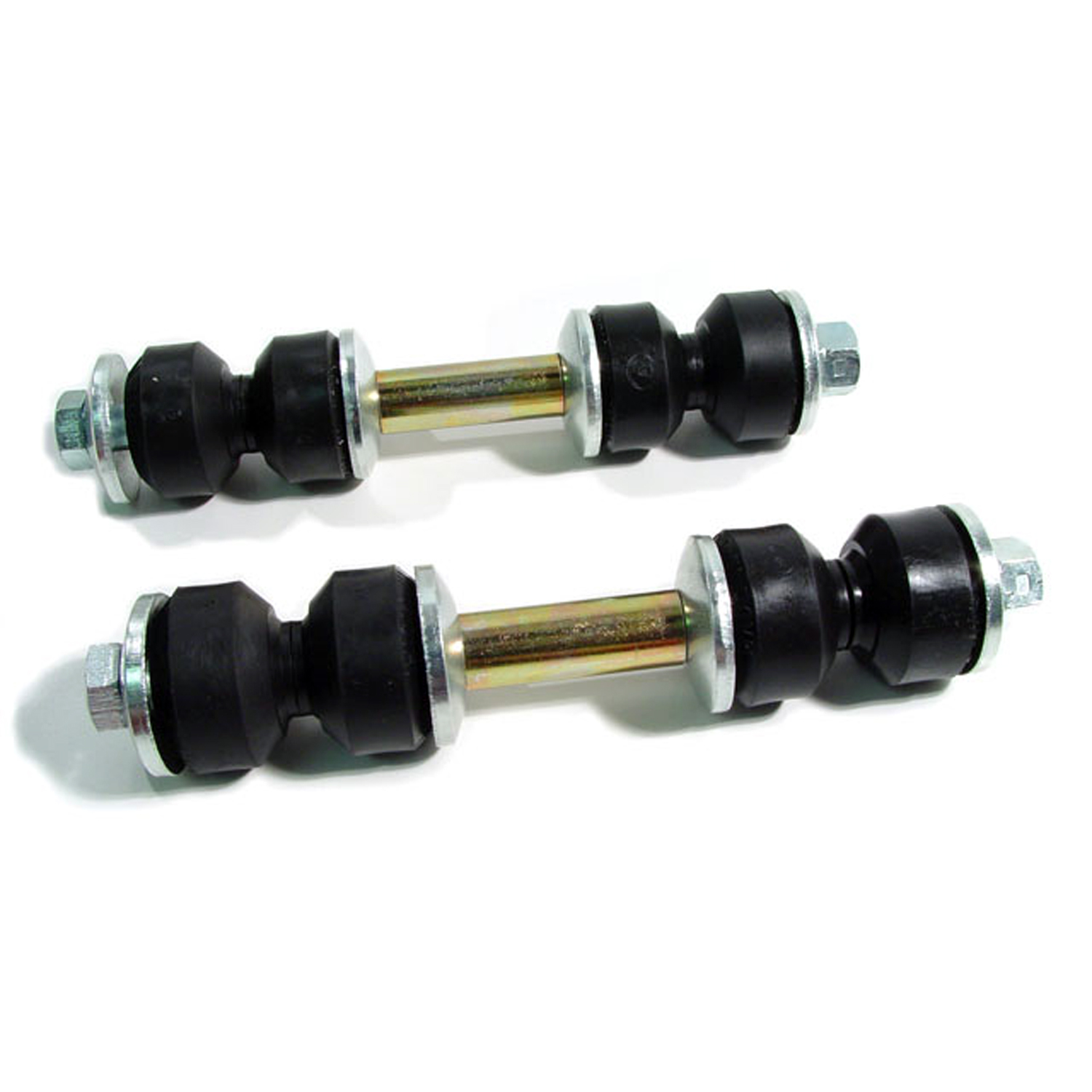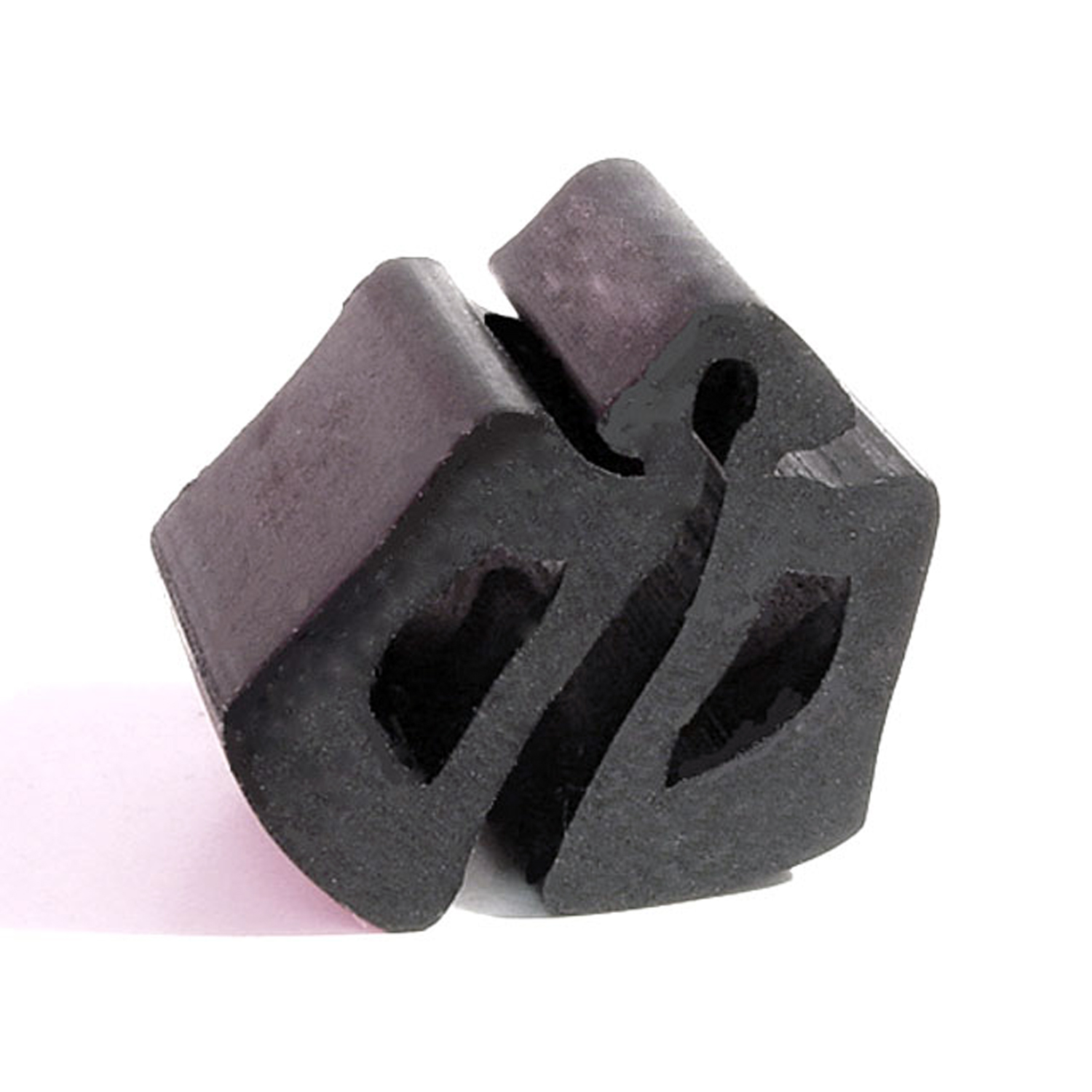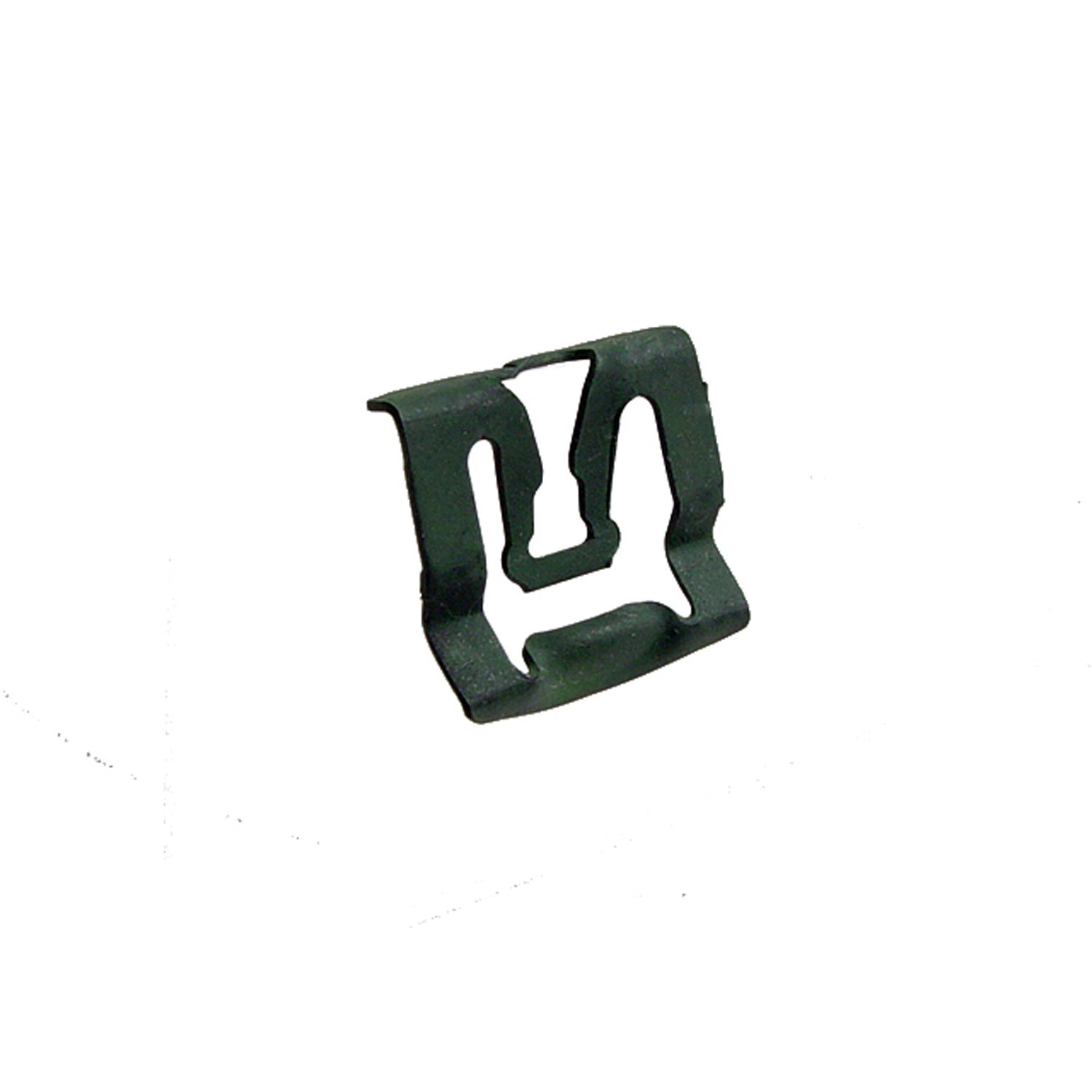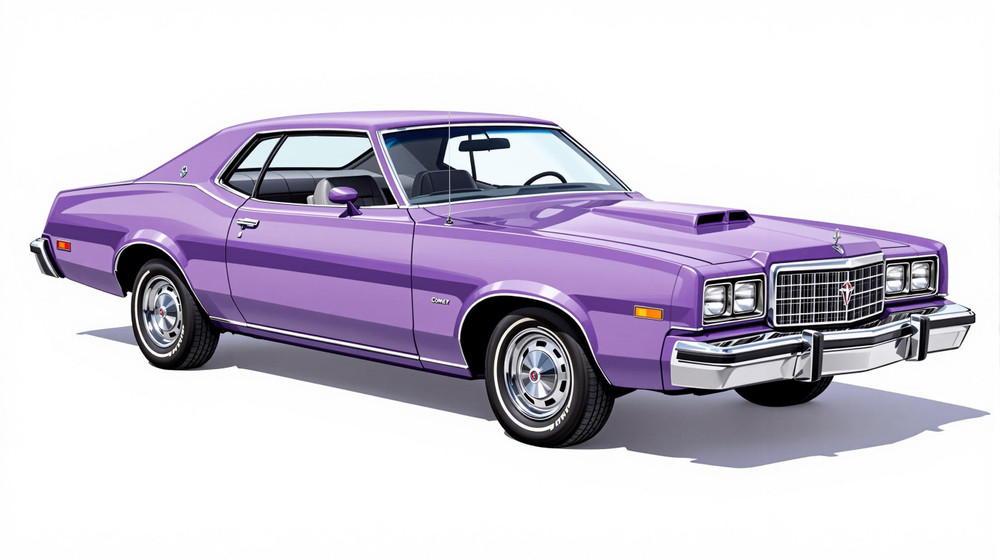Image of 1977 Mercury Comet, Note: These illustrations use artistic license and may differ from actual historical models.
Performance Metrics
Fundamental Metrics
Emotional Appeal
MMP Rating
| Engine Specifications | |
|---|---|
| Engine: | 200 CID I6, 302 CID V8 |
| Displacement: | 200-302 cubic inches |
| Horsepower: | 88-140 hp |
| Torque: | 150-240 lb-ft |
| Compression Ratio: | 8.4:1 - 9.0:1 |
| Ignition System: | Conventional breaker-point ignition system |
| Cooling System: | Liquid-cooled |
| Performance Specifications | |
| 0-60 Time: | Estimated 10-12 seconds |
| 1/4 Mile Time: | Estimated 17-19 seconds |
| Top Speed: | 100-110 mph |
| Transmission and Drive | |
| Drive Type: | Rear-wheel drive |
| Transmission Type: | 3-speed automatic, 3-speed manual |
| Fuel and Efficiency | |
| Fuel System Type: | Carburetor |
| MPG: | Estimated 15-20 mpg |
| Dimensions and Brakes | |
| Brakes: | Front disc, rear drum |
| Wheelbase: | 109.9 inches |
| Weight: | 3,000-3,500 lbs |
Note: Specifications for classic cars are given to the best of our ability, considering the limited and variant data available.
1977 Mercury Comet: A Forgotten Gem of the Late 70s
The 1977 Mercury Comet is a vehicle that often flies under the radar of classic car enthusiasts, yet it holds a charm that is undeniable. Born from the stables of Mercury, a division of Ford Motor Company, this model was part of the final generation of Comets produced. As the automotive world was shifting gears towards smaller, more fuel-efficient cars in response to the oil crisis of the 1970s, the Comet offered a blend of modest size and traditional American car comforts. A unique fact about this vehicle is that it shared many components with its Ford counterpart, the Maverick, making it a curious case of badge engineering.
Design and Innovation
The exterior styling of the 1977 Mercury Comet had a certain understated elegance. It featured a long hood and short deck design that was reminiscent of the muscle car era but in a more subdued fashion. The grille was distinctively Mercury, with a simple yet bold look that set it apart from its Ford cousins. Inside, occupants were greeted with an interior that prioritized comfort over luxury. The materials used were typical for the era—durable, but not particularly lavish. Technologically, the Comet wasn't groundbreaking, but it did offer features like optional power steering and brakes which were appreciated conveniences at the time.
Color options for the '77 Comet included classic shades that ranged from subdued earth tones to more vibrant hues. Popular choices often reflected the trends of the late 70s, with shades like Dark Jade Green and Light Chamois being sought after. Body styles varied from two-door sedans to four-door versions, with the two-door models generally being more desirable among collectors today.
Historical Significance
The 1977 Mercury Comet's impact on automotive design may not have been revolutionary, but it served as a bridge between eras. It managed to retain traditional American car values while adapting to a changing market that demanded more economical vehicles. Its significance lies in its role as one of the last rear-wheel-drive compact cars offered by Mercury before transitioning to front-wheel-drive platforms in subsequent years.
Performance and Handling
In terms of performance, the '77 Comet came with various engine options, with the most potent being a 302 cubic inch V8 that provided adequate power for its time. Top speed and acceleration figures were modest by today's standards—the V8 could propel the Comet from 0-60 mph in around 10 seconds. Handling was typical for a car of its size and era; it wasn't sporty but managed everyday driving conditions competently. Drivers could expect a smooth ride with an engine note that hummed reassuringly during cruising.
Ownership Experience
The Mercury Comet was often used as a daily driver due to its reliability and ease of maintenance. Parts were readily available thanks to its shared DNA with other Ford models. While not commonly seen on race tracks or as show cars, Comets have found their niche among enthusiasts who appreciate their simplicity and historical value.
Fun Facts
A fun fact about this model year is that it marked the end of an era—the nameplate was retired after 1977. While not typically associated with celebrity ownership or record-breaking achievements, Comets have occasionally appeared in films and television shows set in the period they were produced.
Collector's Information
Today, finding a 1977 Mercury Comet can be somewhat challenging due to their relative obscurity compared to other classics from the era. Production numbers weren't exceptionally high, which adds to their rarity. As for value range, well-preserved models can fetch anywhere from $5,000 to $15,000 depending on condition and originality—though prices can fluctuate based on market interest.
Conclusion
The 1977 Mercury Comet may not be at the forefront of classic car discussions, but it embodies an interesting piece of automotive history worth celebrating. It represents both an end and an adaptation—a traditional compact car navigating through changing times. For those who own one or are considering adding it to their collection, it offers an experience steeped in nostalgia with a dash of practicality.
1977 Mercury Comet Catalog of Parts
 1977 Mercury Comet Front Stabilizer End Repair Kit-BNK 22Front Stabilizer End Repair Kit. 22-piece set for two stabilizer bars. Contains all rubber bushings, washers, bolts and nuts, enough for one front end. Set
1977 Mercury Comet Front Stabilizer End Repair Kit-BNK 22Front Stabilizer End Repair Kit. 22-piece set for two stabilizer bars. Contains all rubber bushings, washers, bolts and nuts, enough for one front end. Set 1977 Mercury Comet Hood Bumper. Each-HF 2Hood Bumper. Each
1977 Mercury Comet Hood Bumper. Each-HF 2Hood Bumper. Each 1977 Mercury Comet Windshield Reveal Molding Clip. Made of steel. Each-WF 228-AWindshield Reveal Molding Clip. Made of steel. Each
1977 Mercury Comet Windshield Reveal Molding Clip. Made of steel. Each-WF 228-AWindshield Reveal Molding Clip. Made of steel. EachWhy Choose Metro?
For over 100 years, Metro Moulded Parts has been the pinnacle of quality in classic car restoration parts. Our commitment to precision and authenticity in every component ensures a perfect fit and an OEM-level appearance.
- Expert Craftsmanship & Quality: Each part is a testament to our dedication to reliability and perfection, crafted from original designs and thoroughly tested.
- Advanced Technology: We use cutting-edge techniques to create flawless, long-lasting parts that surpass others in performance.
- SuperSoft Sponge – The Ultimate Door Seal: Not only are our door seals 30% softer than competitors', but they're also guaranteed to never leak. They effectively reduce wind and road noise, enhancing your classic car's comfort and driving experience.
- Proudly American: Our parts are a product of American craftsmanship, made in the USA with a spirit of excellence and heritage.
- Unrivaled Warranty: We back our products with a 30-year industry-leading warranty, a testament to our confidence in their quality.
Join us in preserving the legacy of classic cars with parts that are crafted for perfection, not just made.

